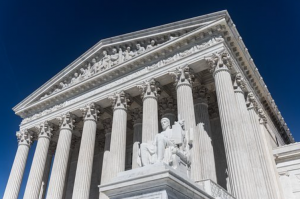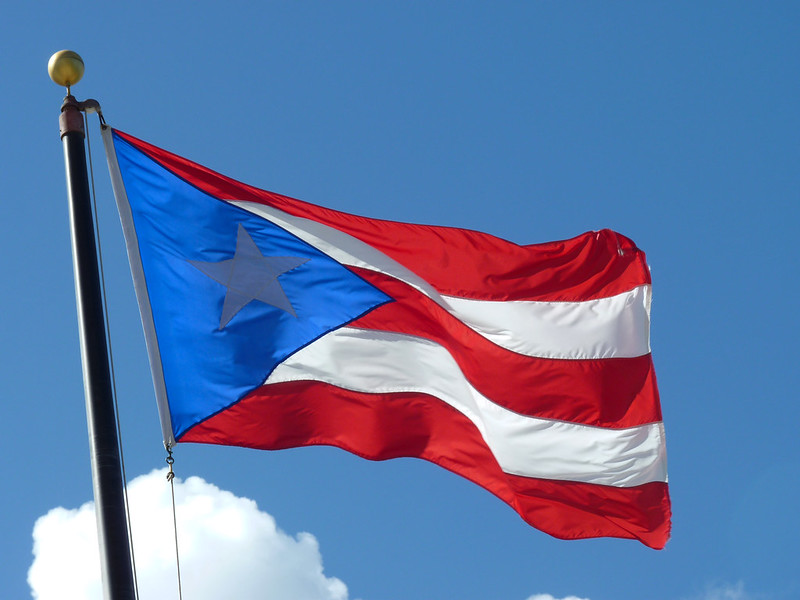The sole dissenting justice was Sonia Sotomayor. Sotomayor, whose parents were born in Puerto Rico, opined that there is no “rational basis” for Congress to deny Supplemental Security Income benefits to U.S. citizens who live in the U.S. territory of Puerto Rico.
The Supreme Court has upheld the federal government’s differential treatment of residents of Puerto Rico, finding that Congress has the authority to withhold critical benefits available to United States citizens living in other parts of the country.
According to The Associated Press, the Supreme Court ruled 8-1 that Puerto Ricans are ineligible for the Supplemental Security Income program, which provides cash and medical benefits to elderly, disabled, and blind Americans.
While the majority of the bench held that the denial of such benefits is not unconstitutional, Justice Sonia Sotomayor—whose parents were born and raised in Puerto Rico—dissented.
“In my view, there is no rational basis for Congress to treat needy citizens living anywhere in the United States so differently from others,” Sotomayor wrote, noting that, while Puerto Rico is a U.S. territory and most of its residents are U.S. citizens, the island has never been afforded representation in Congress. “To hold otherwise, as the Court does, is irrational and antithetical to the very nature of the SSI program and the equal protection of citizens guaranteed by the Constitution.”

NBC News notes that Supplemental Security Income benefits are ordinarily available to U.S. citizens living in the 50 states, the District of Columbia, and the Northern Mariana Islands, but not those who live in Puerto Rico, the U.S. Virgin Islands, or Guam and American Samoa.
In court filings, the Justice Department observed that Puerto Ricans are “generally exempt from most federal taxes, including the income tax, excise taxes, and estate and gift taxes.”
Writing for the majority, Justice Brett Kavanaugh found that “just as not every federal tax extends to residents of Puerto Rico, so too not every federal benefits program extends to residents of Puerto Rico.”
However, Puerto Ricans still pay federal payroll taxes, which are used to fund programs like Medicare and Social Security.
Puerto Rico’s governor, Pedro Pierluisi, has already criticized the Supreme Court’s ruling, saying in a Spanish-language statement that the justices have only further emphasized that the “territorial status of Puerto Rico is discriminatory for American citizens on the island,” allowing “Congress to do whatever they want with us.”
“Clearly our people, particularly the most vulnerable, suffer the consequences of this unequal treatment,” Pierluisi added.
Jennifer Gonzalez, Puerto Rico’s non-voting representative in Congress and a member of Puerto Rico’s pro-statehood political party, also blasted the Supreme Court ruling, calling the exclusion “unbelievable discrimination” that keeps 300,000 Americans in poverty.
Sources
Court upholds Puerto Ricans’ exclusion from benefits program
‘Discriminatory’: Puerto Ricans decry Supreme Court ruling allowing exclusions


Join the conversation!